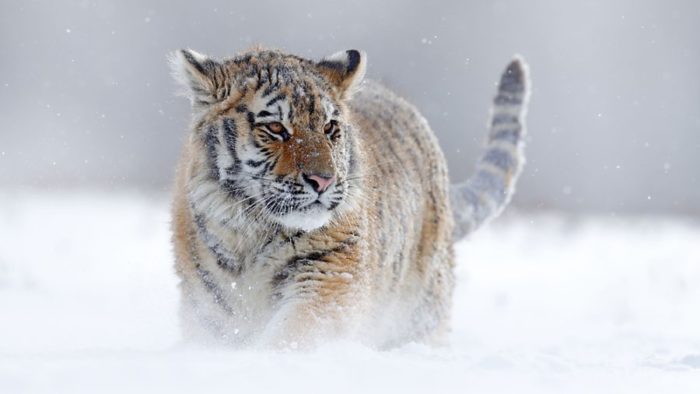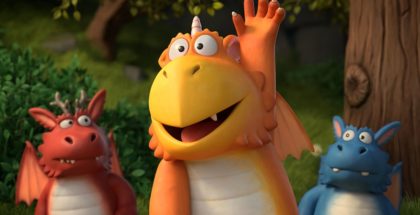Frozen Planet II leads BBC’s natural history slate
David Farnor | On 11, Feb 2019
Frozen Planet II will lead the BBC’s slate of natural history programming for the coming three years.
A landmark series of natural history titles will take the broadcaster’s natural history offer into the next decade, with three new shows in the renowned Planet strand. These aim to help audiences to better understand the greatest issues affecting our planet and our relationship with the natural world, and, at a time when Netflix is launching its own series, Our Planet, reinforce the Beeb’s commitment to nature documentaries on TV.
Frozen Planet II will take audiences back to the wildernesses of the Arctic and Antarctica. 10 years on from the original Frozen Planet, this series tells the complete story of the entire frozen quarter of our planet that’s locked in ice and blanketed in snow. It will broadcast in 2021.
Perfect Planet will be a unique fusion of blue chip natural history and earth sciences explaining how the living planet operates. The five-part series will show how the forces of nature – weather, ocean currents, solar energy and volcanoes – drive, shape and support Earth’s great diversity of life. It will broadcast in 2020.
They will build up to Planet Earth III, the “most ambitious natural history landmark ever undertaken” by the BBC. Combining the awe and wonder of the original Planet Earth, the new science and discoveries of Blue Planet II and Planet Earth II, and the immersive character-led storytelling of Dynasties, the series aims to take the Planet Earth experience to new heights. It will broadcast in 2022.
These three titles will be in addition to the previously announced One Planet: Seven Worlds (transmitting 2019) and Green Planet (transmitting 2021).
Since the launch of Planet Earth in 2006, the BBC Planet titles have become a huge global hit and over a billion people have watched Planet Earth II and Blue Planet II in the last three years. This new five-strong slate is expected to involve over 10,000 days of filming – and will tell a global story.
Alongside the latest addition to the Planet series, the BBC is also announcing three further natural history commissions that demonstrate the range and breadth of the BBC’s Natural History commissioning.
The Mating Game for BBC Two will show the greatest challenge of all – finding a mate; Primates for BBC One is an in-depth look at the most charismatic family in the animal kingdom, the one to which we all belong; and Earth’s Paradise Islands, for BBC Two, will take viewers to mysterious and exotic islands of Madagascar, Borneo and Hawaii.
The slate has been announced with confirmation of whether David Attenborough will be involved as the shows’ narrator, which has led some to speculate that he may be poached full-time by another broadcaster, or Netflix, where he will be lending his voice to Our Planet. Nonetheless, with the latter title gearing up for a high-profile launch, and with producer James Honeyborne inking a deal with Netflix, the BBC’s announcement makes it clear that the corporation is prepared to fight tooth and claw to retain its status as king of the nature TV jungle.
Charlotte Moore, BBC Director of Content, says: “The BBC is world famous for its natural history programming and these new series will raise the bar even higher. We know that audiences want shows that bring them the richest narratives, the best camerawork and the highest quality production values and they look to us to deliver this. Viewers around the globe have been captivated by the incredible stories that the Planets series have told and now new technology allow us to explore even more of the natural world than ever before.
“We’re also announcing three new series that will look in depth at specific aspects of the natural world, giving revealing and sometimes surprising insights to animals and the habitats they live in. It’s our biggest ever commitment to natural history and one we are proud of.”




















